People with many supports
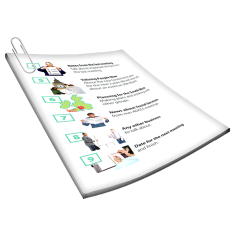
This information is about the mental health of people with many support needs.
It has information on
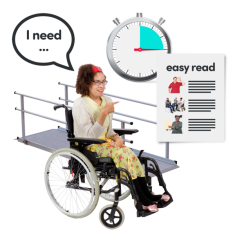
- Key points for people with many supports

- Worries you might have when getting help for your mental health and what you can do

- Services and supports

People with intellectual disability can have many support needs.
Support needs means you need support with different things in your life.
Support needs are sometimes called complex needs.
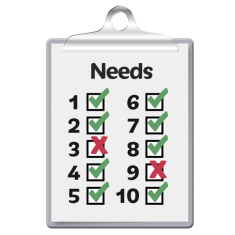
You might need a lot of support with
- Your disability
- Health issues you have
- Your mental health

It can be hard to find support when you have many support needs.

You might need to get support from different services.
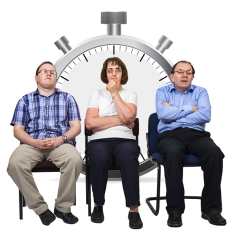
You might have to wait until you get support from the services.
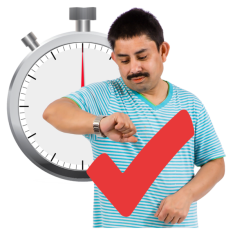
You might have to wait a long time to get all the help you need.

You can get many services and supports through the NDIS.
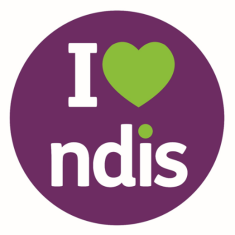
NDIS is short for National Disability Insurance Scheme.
Your NDIS plan says what supports you need.

Sometimes you need to use services that cost a lot of money.
For some services the NDIS pays.
For some services you need to pay yourself.

People with many support needs often need to see different health and disability workers.
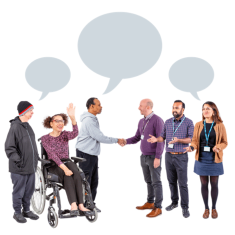
It is good if all these people work together.
This will help you get the best support for your needs.

For more information about how they can work together go to https://www.idmhconnect.health/
working-your-team/ER

Some health workers you go to might not have worked with people with intellectual disability before.
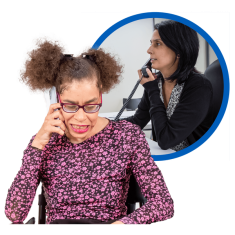
They might not know how to support you.

Sometimes this happens because the health worker
- Does not know the person well
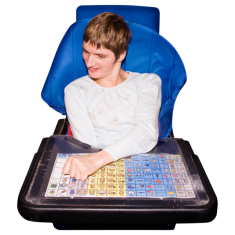
- Might not know how you tell others what you think

For more information about accessing using different services and supports you might need go to https://www.idmhconnect.health/i-am-person-ID/services-mental-health

Below are some worries you might have when you try to get support for your mental health.

We have some ideas for what you can do.

You might worry that health workers think your mental health problems are because of your intellectual disability

This is what you can do.
A mental health problem is when your feelings start to worry you
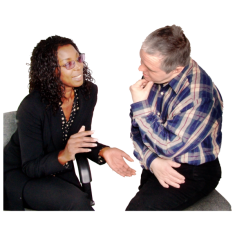
You should let the health worker know that you feel different to how you used to feel.

You can ask your doctor or someone you trust to share information about your health.
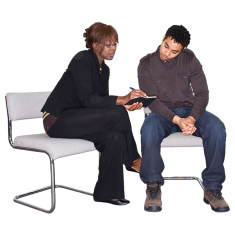
There are many people you might trust.
For more information about who you might trust go to
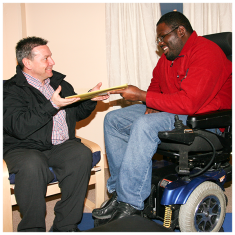
You might use a folder to share your information.

You do not have to share all information about your health.

Only share what you feel comfortable with.

Sharing your information can help health workers to understand what is going on with you.
For more information on types of information you can share go to https://idmhconnect.health/assessment/ER
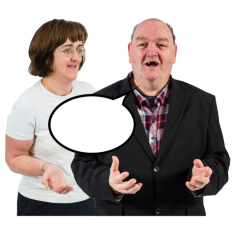
If you are worried you can also advocate for yourself.
Someone you trust can advocate for you too.

To advocate are things you or someone else can do so your rights and needs are met.
Rights are rules about how everybody should be treated fairly.
A right is something everyone has.

There are many people you might trust.
For more information about who you might trust go to https://www.idmhconnect.health/
someone-trust
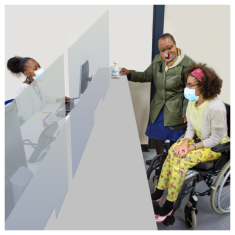
Someone you trust can come with you when you see a health worker about your mental health.
They can tell the health worker that you are different to normal.

For more information about how you can advocate for yourself or find an advocate go to https://www.idmhconnect.health/about-advocacy/ER

You might not know how to communicate to health workers about what is wrong
This is what you can do.

To communicate is how you understand and share your feelings or information.
You can let the health workers know how you tell other people what you think.

You might
- Talk to them
- Point at things
- Write down what you want to say

You or someone you trust should also tell your health workers how they best communicate to you.

You can have a folder with all your health and mental health information.
You can bring this folder when you meet your health workers.
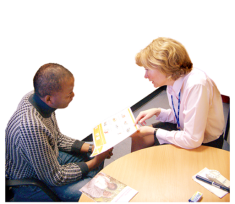
Health workers can look at your folder to learn more about you.

Below are some health folders you can use or make your own.

- My Health Matters folder from the Council for Intellectual Disability https://cid.org.au/resource/my-health-matters-folder/
- A2D Together Folder http://a2d.healthcare/
- Mental health passport https://idmhconnect.health/my-mental-health-passport

You might not know what is wrong with you.
You can ask your doctor to do a big health check.

You can also ask the health worker to talk to your doctor or other health workers you see.
They can work together to find out what support you need.

For more information on how your health workers can work together go to

Your health worker does not know how to help or how to work with you
This is what you can do.

You can ask your health worker to get advice from a specialist service.

Specialists are people who know a lot about intellectual disability.

Specialist services can work together with your health worker to find out
- What is wrong with you
- How to help you

For more information about Specialist services go to https://www.idmhconnect.health/
mental-health-services-services/ER

You might not get the supports you need because the NDIS is hard to understand
This is what you can do.
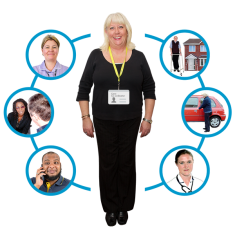
You can ask someone you trust to help you get a specialist support coordinator.
A specialist support coordinator is someone who helps people with complex needs get the right supports.
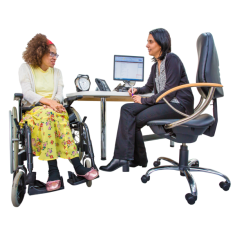
You can discuss this with your doctor or health worker.
They might be able to talk to the NDIS for you.

You can also advocate for yourself or ask someone you trust to advocate for you.

For more information about advocacy go to https://www.idmhconnect.health/
about-advocacy/ER
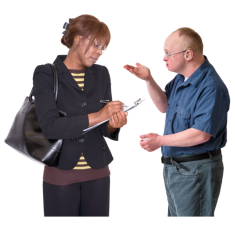
You can make a complaint if you are not happy with the NDIS.
A complaint is when you tell someone you are not happy with something

You can make a complaint with the NDIS Quality and Safeguards Commission.


Below is a list of services and supports to support people with many supports.

Specialist Intellectual Disability Health Teams know how to work with people with intellectual disability.
They can work with your doctor or health workers to help support you

The Statewide Intellectual Disability Mental Health Hubs know how to work with people with intellectual disability.
They can work with your doctor to help support you.

You can let your doctor know about the Hubs.

For more information about the Hubs go to https://www.health.nsw.gov.au/
mentalhealth/Pages/intellectual-disability-mental-health-hubs.aspx

The Complex Care Service can work to support your health problems.
For more information go to https://cds.org.au/clinical-services/our-clinical-services/complex-care-service/

The Admission2Discharge Together Folder can keep together your health information.
For more information about the folder go to http://a2d.healthcare/
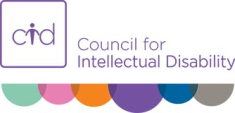
The Council for Intellectual Disability has a My Health Matters folder.
For more information about the folder go to https://cid.org.au/resource/my-health-matters-folder/
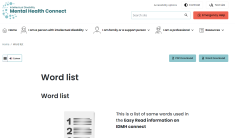
There are some tricky words on this Easy Read page.
For more information about these words go to